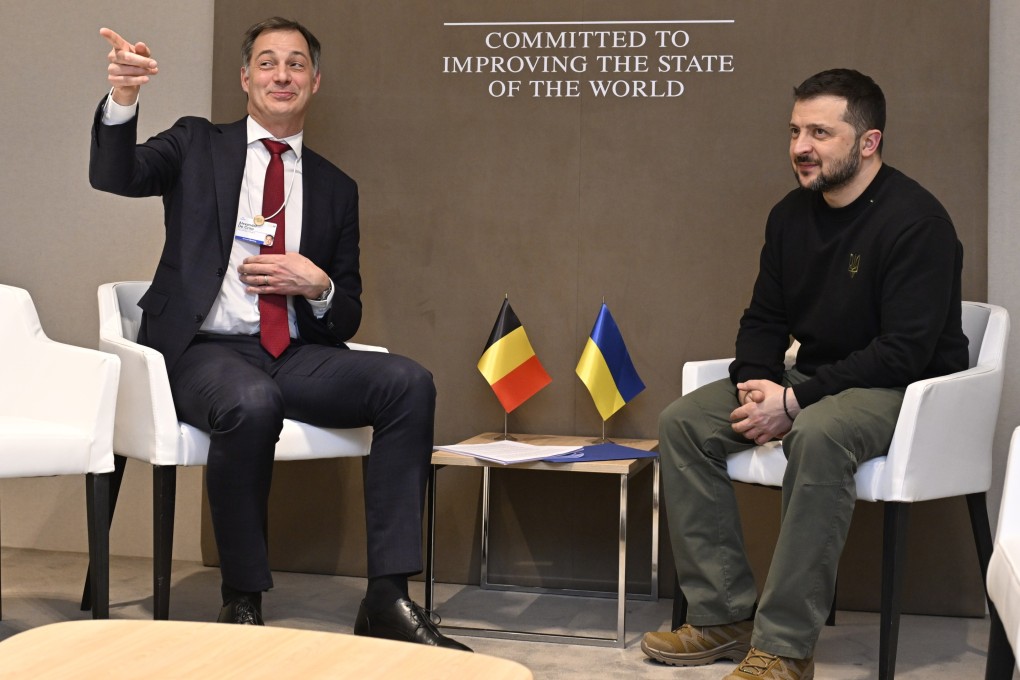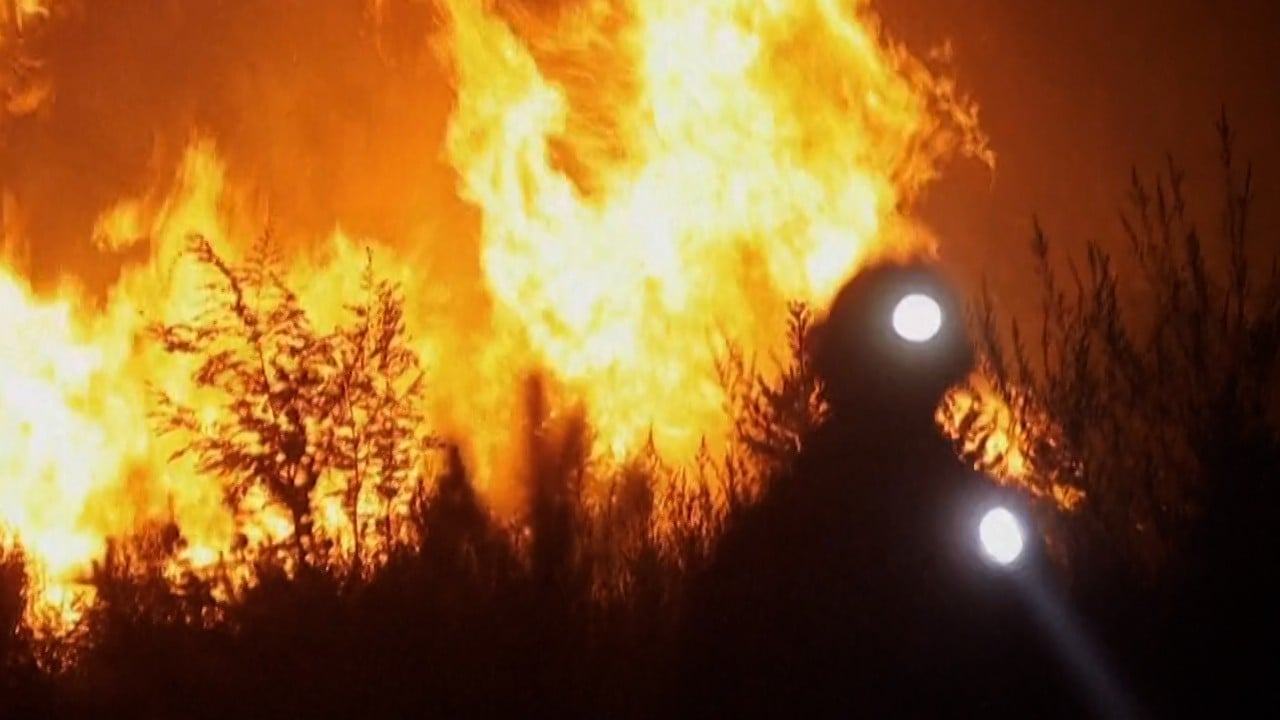Advertisement
Opinion | Trump’s Iowa victory shows Europe, and world in general, must prepare for more turmoil
- The prospect of Donald Trump returning to power is just one source of uncertainty pushing Europe to plan for a tumultuous era to 2030 and beyond
- The EU must also contend with an increasingly complex geopolitical environment and waning economic competitiveness
Reading Time:3 minutes
Why you can trust SCMP
3

Recent global shocks, including the Covid-19 pandemic and the Russian invasion of Ukraine, have hit much of the world hard in the past few years, especially Europe. However, there could potentially be even bigger political and economic chaos on the horizon during the rest of the decade.
In Europe, this view was outlined on Tuesday by Belgian Prime Minister Alexander De Croo, whose country currently holds the European Union’s rotating presidency in the first half of this year. De Croo warned that former US president Donald Trump’s victory on Monday in the Iowa Republican caucus means that “if 2024 brings us ‘America first’ again, it is really more than ever ‘Europe on its own’.”
However, he went on to say that, “We should, as Europeans, not fear that prospect; we should embrace it,” adding that Europe must become “stronger, more sovereign, more self-reliant”. What De Croo highlights here is the need for the EU specifically, and possibly the world at large, to use 2024 to plan ahead for what could be another tumultuous period.
With specific regard to Trump, there are concerns in Europe that if he does win a second term as US president, he could withdraw from Nato, the transatlantic alliance which underpins European security. He could also end US support for Ukraine in the war against Russia, not to mention ratchet up US economic sanctions across the world and withdraw the United States from the Paris global climate change treaty for a second time.
However, the range of economic and political issues of concern to the world goes well beyond Trump. In Europe, key decision-makers are looking ahead to the period up until 2030. This time frame covers not only the next term of the European Commission but also the next UK Parliament, the US presidency, the Russian presidential term and the current term of President Xi Jinping.
In thinking through these 2030 scenarios, the core uncertainties which may have the most impact in shaping Europe’s future at a crucial moment are at least twofold. A first key question is whether the geopolitical context will grow worse or better for Europe in that time. Following Russian President Vladimir Putin’s 2022 invasion of Ukraine, much depends here on the future foreign policy not just of Russia but also other nations, including the United States and China.
Advertisement

